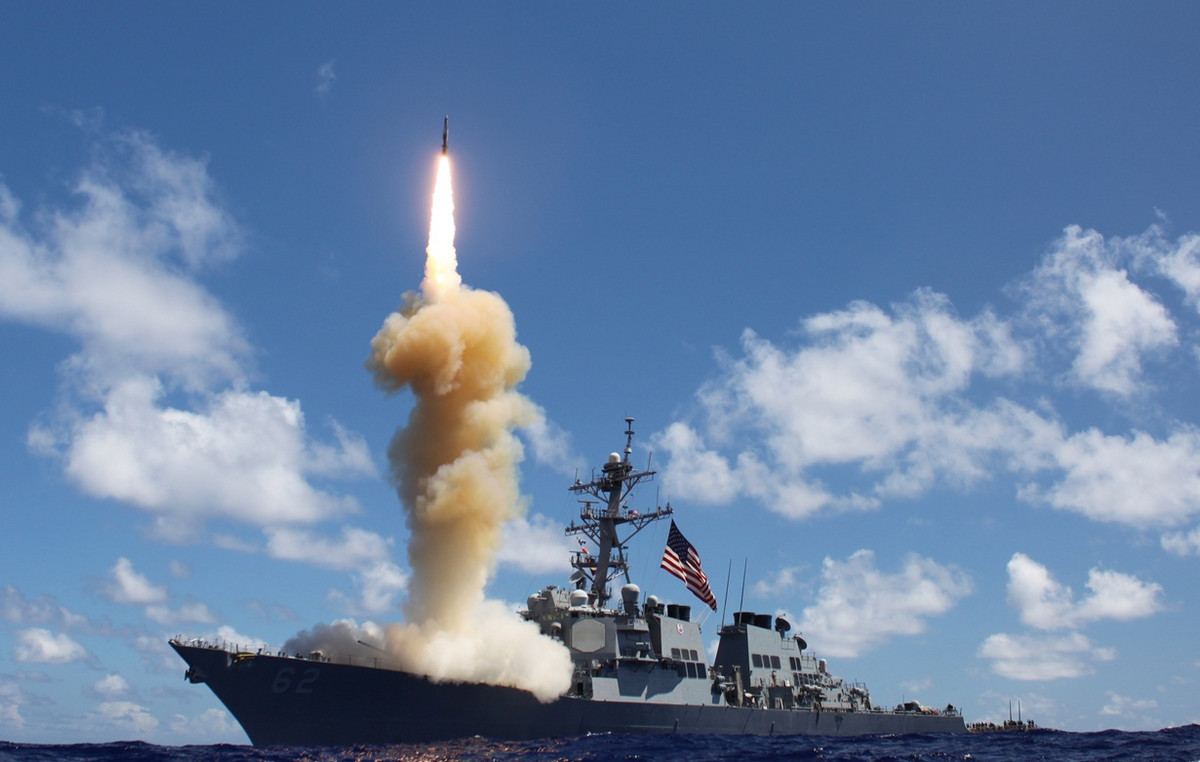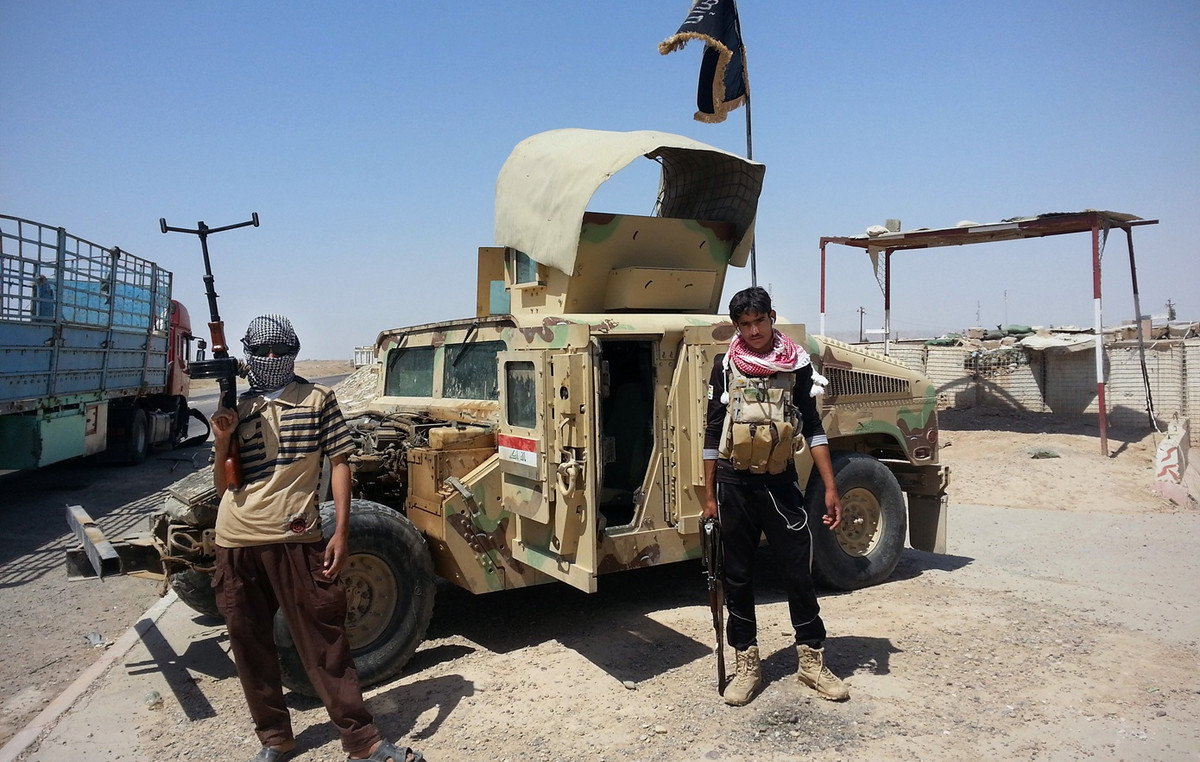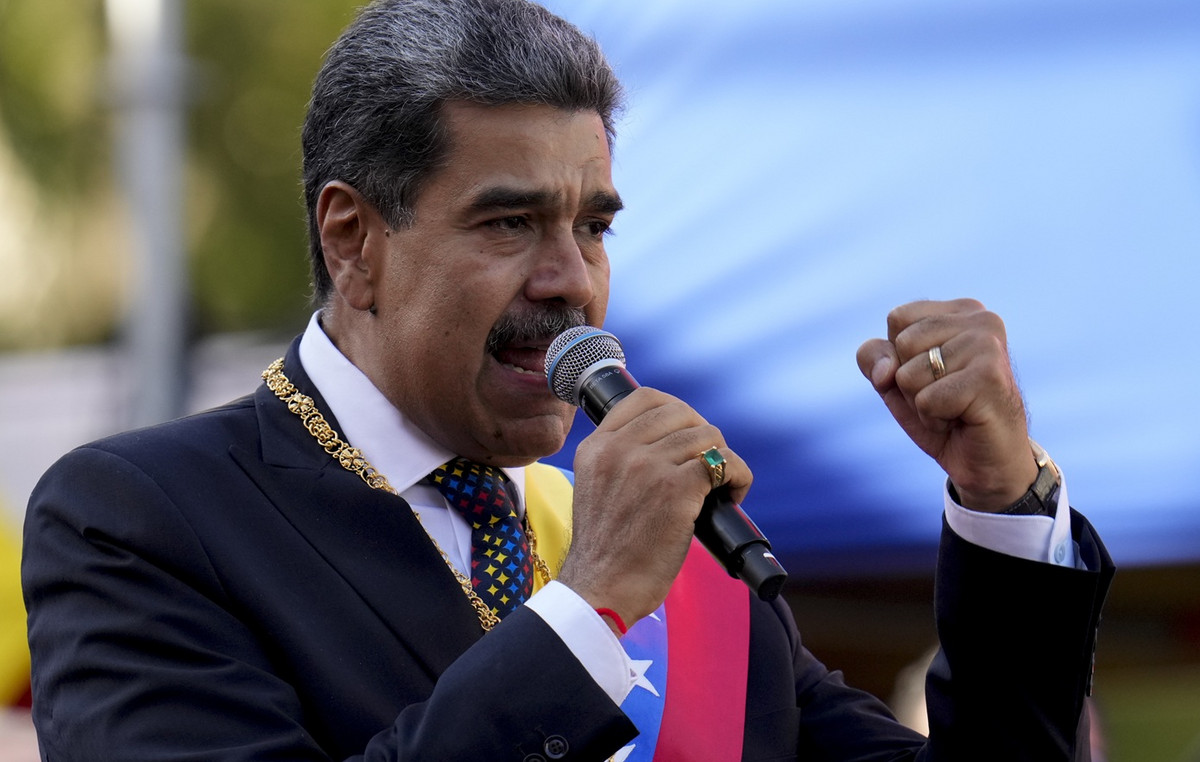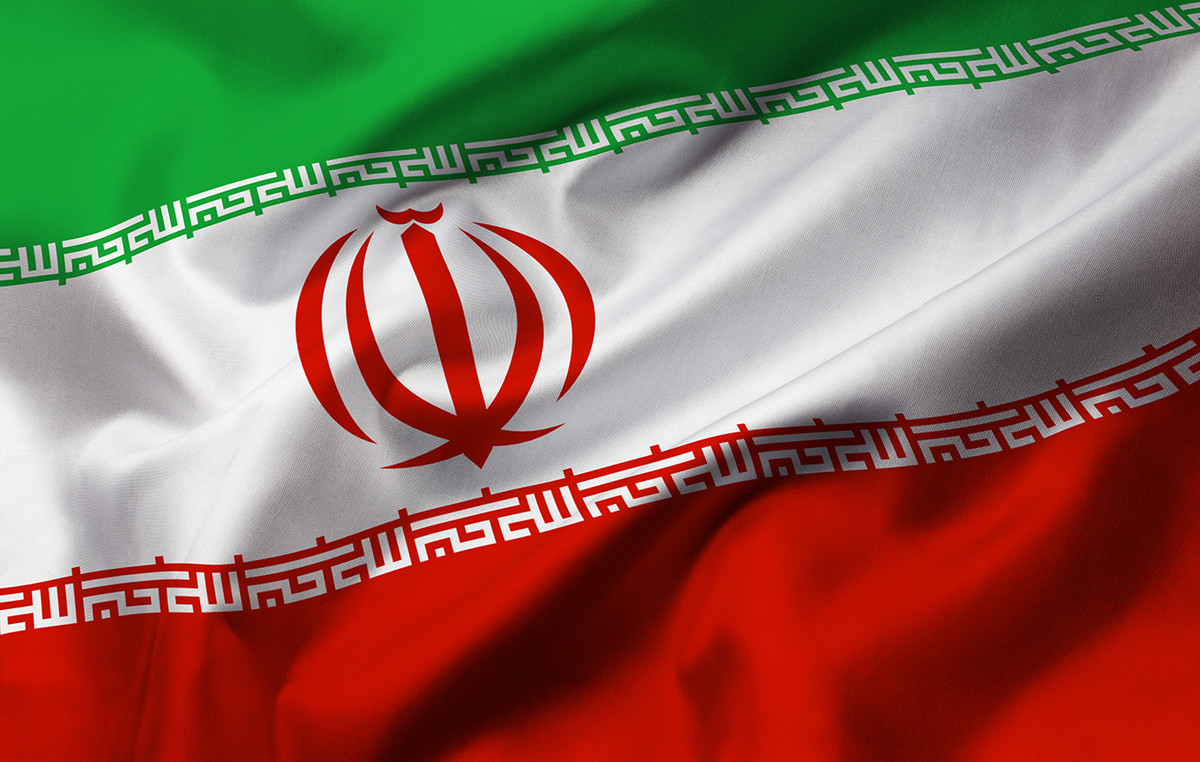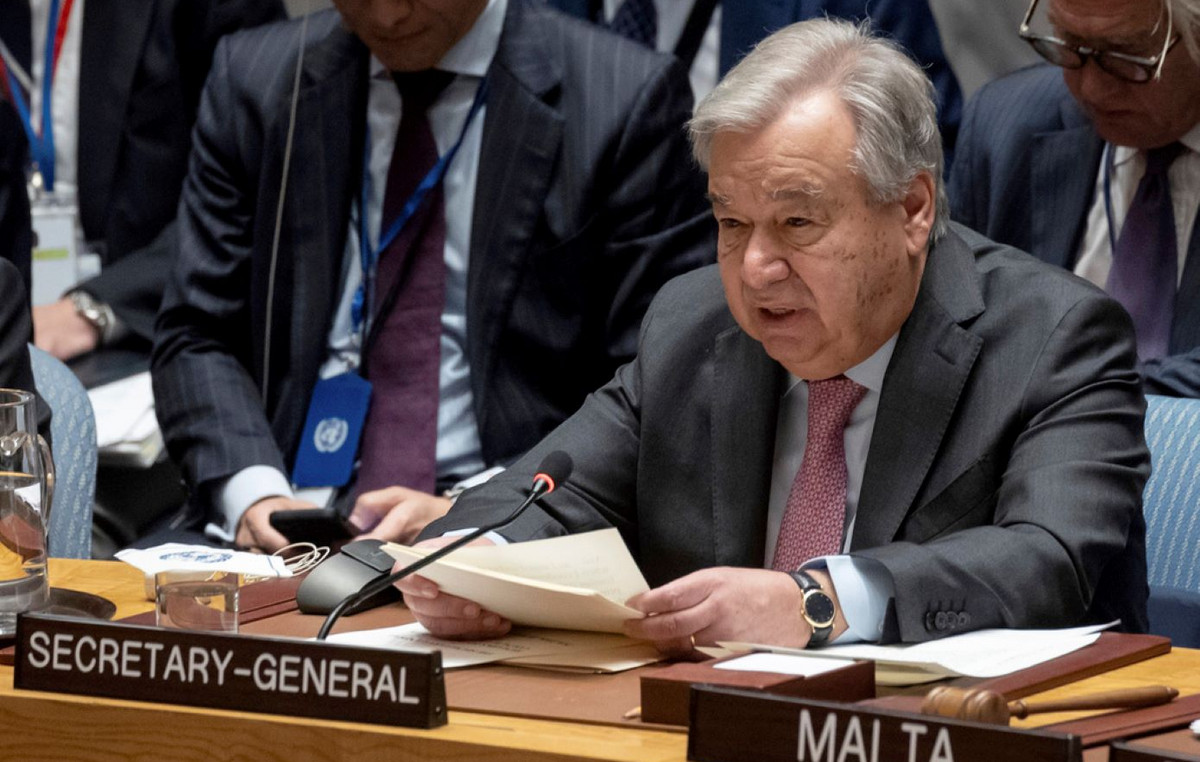Days after US President Joe Biden’s historic visit to Israel, China began its diplomatic mission in the Middle East, which is now facing the fear of the unbridled escalation of the conflict between Israel and Hamas for all neighbors in the Strip. Gaza and the Jewish-majority country.
Zhai Jun, Beijing’s special envoy to the Middle East, embarked on a trip through the region with the aim of promoting peace dialogue between Israel and the radical Islamic group, despite the Chinese government having avoided any condemnation of Hamas since the 7th of October.
Zhai traveled to Qatar and attended a peace meeting in Egypt, calling for a ceasefire between Israel and Hamas, humanitarian access to Gaza and reiterating China’s support for a two-state solution. It is unclear whether he will visit Israel, as Beijing has not provided details of the trip.
However, mediating peace is a difficult task, especially for a country with little experience in mediating regional wars, even more so in a historical conflict such as Israel and Palestine.
Few experts or those familiar with the Middle East expect Zhai’s trip to lead to any concrete results in consolidating peace and a less aggressive stance by Israel against civilians in Gaza.
Instead, they analyze the trip undertaken by Chinese diplomats as an opportunity for Beijing to gain even more influence at a regional and global level, as strategic competition with the United States heats up.
The reading is that Beijing is trying to use the diplomatic mission to reinforce its position as a defender of Arab and developing countries, and that it has long been sympathetic to the Palestinian cause and dissatisfied with the US-led world order, say the experts.
“China seeks to play a diplomatic role, calling for calm and de-escalation of conflict while showing strong support for Palestine,” said Sanam Vakil, director of the Middle East and North Africa program at Chatham House.
“This should be seen opportunistically, as China does not have a successful track record in trying to be a mediator in this conflict. Therefore, the most China can do is offer symbolic diplomatic support.”
Jonathan Fulton, an Abu Dhabi-based fellow at the Atlantic Council, said Zhai’s mission will be to “demonstrate China’s solidarity with Arab causes” and promote “a vision for the region different from that of the US.”
“China wants to be seen as an active and responsible great power, but it does not really have a deep involvement in the region that results in a leadership position,” he added.
‘Weakening the Western order’
The crisis appears to be far from over and further reconfigures the polarized relations of major global powers that already came from a terrible understanding regarding the conflict between Russia and Ukraine.
That divide was apparent last week. Hours before Biden landed in Israel to show solidarity with the US’ closest ally in the Middle East, Chinese leader Xi Jinping received Vladimir Putin in Beijing and welcomed the deepening of political trust between their countries.
The two “communist” leaders held detailed discussions on conflicts in the Middle East and Ukraine, which Putin described as “common threats” that bring Russia and China closer together.
“Since the war in Ukraine, this alignment has become increasingly obvious,” said Vakil of Chatham House. “You can also include Iran in this relationship. They have this objective of weakening the Western order through active action in the Middle East.”
And this alignment is already occurring. One of the first meetings the Chinese envoy had upon landing in the Middle East was with his Russian counterpart.
“China and Russia share the same position on the Palestinian issue,” Zhai told Mikhail Bogdanov, Putin’s special envoy for the Middle East and Africa, in Qatar, on Thursday (19).
The position held by Beijing and Moscow contrasts sharply with that of Washington, which supported Israel and sent two aircraft carrier groups to dissuade other regional actors from joining the conflict.
China, which swore “zero tolerance” to Islamic militancy by mass detaining Uighurs — an Asian people who live in northwest China, in the Xinjiang region —, did not explicitly condemn Hamas for its terrorist attacks on Israel.
But both vehemently criticized Israel for its mass retaliation in the Gaza Strip following the Hamas attacks.
China’s foreign minister accused Israel of going “beyond the scope of self-defense,” while Russia’s envoy to the United Nations (UN) compared Israel’s relentless bombing of Gaza to the brutal siege of Leningrad — now Saint Petersburg — during World War II.
“There is a huge difference between the American approach and the Chinese and Russian position right now,” said Li Mingjiang, professor of international relations at Nanyang Technological University in Singapore.
Russian and Chinese state media have already blamed US policy for the escalation of the conflict, and as the situation in Gaza deteriorates, Beijing and Moscow have become even more critical of the US approach, Li said.
Pro-Palestinian stance
China’s pro-Palestinian stance goes back decades and is rooted in revolutionary ideology. In the era of Mao Zedong, the founder of communist China, Beijing armed and trained militant Palestinian groups as part of its Cold War support for national liberation movements.
However, following the country’s reform and opening up after Mao’s death in 1976, China adopted a more pragmatic foreign policy. Although it continued to offer political support to the Palestinian cause and became one of the first countries to recognize Palestine as a sovereign state in 1988, Beijing also welcomed Israel and established formal diplomatic relations with the Jewish state in 1992.
Over the past decade, Chinese investment and trade with Israel has soared, especially in the technology sector. In 2017, Israeli Prime Minister Benjamin Netanyahu hailed negotiations with China as a “marriage made in heaven”.
However, throughout its economic cooperation, China maintained political support for the Palestinians, voting for them and against Israel at the UN whenever conflicts arose. Part of this is due to pragmatic interests.
About half of China’s oil imports come from Arab states, which also have more than 20 votes at the UN – potentially useful for Beijing when it comes to issues such as defending its treatment of the Uyghurs.
“China’s view of the Middle East is that Israel will never separate from the United States, and that means being critical of Israel will generate favor with a large bloc of Arab countries,” said Fulton of the Atlantic Council.
Mediator role
This is not the first time that China has expressed interest in resolving the Israel-Palestine conflict.
Beijing’s aspirations to be a mediator began as early as the 2000s but largely remained symbolic. China has put forward several vague proposals and invited politically insignificant Palestinian and Israeli figures to talks in Beijing, but these have not led to any effective negotiations.
This time, experts do not expect the outcome to be different, despite China’s recent success in brokering rapprochement between rivals Iran and Saudi Arabia.
Although China’s involvement in the Middle East has increased, its interests remain primarily economic – and its relationships with countries involved in regional conflicts are largely transactional, experts say.
“Beijing has little influence over Hamas and has limited historical involvement in the Arab-Israeli conflict. By distancing itself from Israel after the terrorist attack, Beijing further undermined its influence in Tel Aviv,” said Zhao Tong, a fellow at the Carnegie Endowment for International Peace, a group that works for international peace.
Other factors that remain points of attention are whether China will be willing or able to leverage its close relationship with Iran – which finances and arms both Hamas and the Lebanese radical group Hezbollah – to stop the conflict and prevent it from turn into a catastrophic war at a regional or even global level.
“I think China is certainly putting pressure on Tehran to exercise restraint,” said Vakil of Chatham House. “Personally, I think the Iranians intend to exercise restraint unless things get out of hand. I don’t think Iran wants to get involved in a broader regional conflict – so their interests are aligned.”
But while Arab countries may give Zhai a warm welcome, few would take Beijing’s peace proposals seriously, Vakil said.
“I don’t think Middle Eastern states expect China to intervene and build a diplomatic process for pacification. They are aware of the limitations that China has to offer,” she said.
“I don’t think there is much that can be done for China at the diplomatic level. Beijing does not have the capacity to manage or de-escalate this conflict.”
Source: CNN Brasil
Bruce Belcher is a seasoned author with over 5 years of experience in world news. He writes for online news websites and provides in-depth analysis on the world stock market. Bruce is known for his insightful perspectives and commitment to keeping the public informed.

